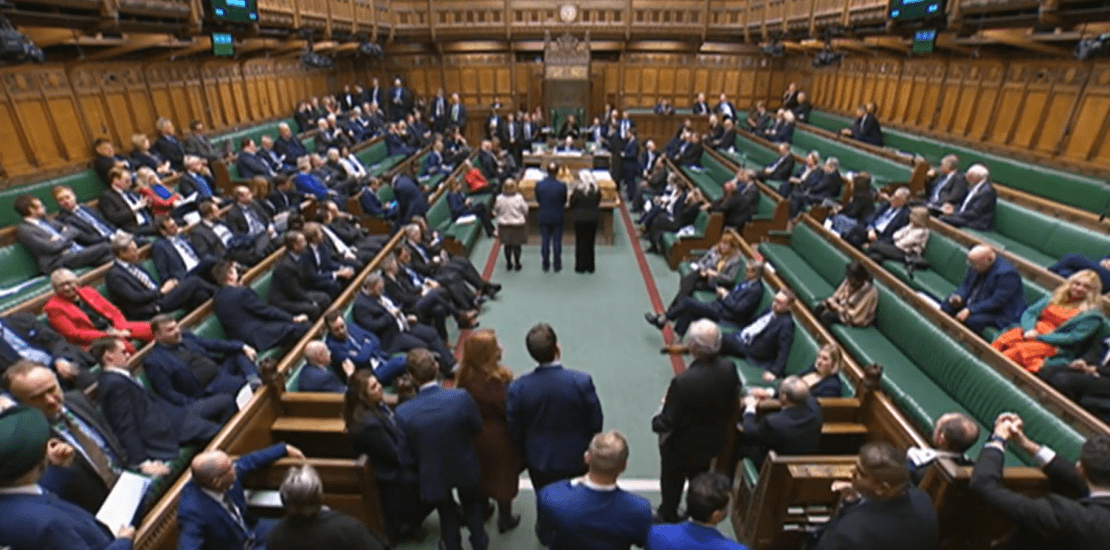- 13/12/2022
- Posted by: Valerie Vaz MP
- Category: News

In April 2022, the Elections Act 2022 was passed by Parliament. Within the act were provisions that implemented voter ID, which includes passports, driving licence, photo travel pass from Oyster 60+ and the Voter Authority Certificate. The design of the VAC is the responsibility of the Electoral Commission and will show the elector’s name and photograph, the local authority that issued the VAC, and a unique number. A public awareness ad campaign will be launched by the Electoral Commission in January 2023. It will run through to local elections in May 2023 (in England). I am concerned about voter ID for a number of reasons.
Concerns
Awareness/Alienation of voters
- A senior anonymous election official, who is responsible for voting in a major local authority, has said “So many people could be affected, or stopped from voting, that it could definitely sway some results,” the official said, speaking on condition of anonymity. “I imagine there could be formal challenges to results. We just have to hope it’s not us.” (The Guardian, 10 November 2022)
- The Association of Electoral Administrators have criticised the lack of funding for local authorities to advertise voter ID provisions alongside the Electoral Commission’s campaign.
Secondary Legislation Timetable
- The Constitutional Affairs Committee warned that the Government’s timeline for implementing new rules on voter ID is flawed.
- They say its plan to implement the statutory instrument for voter ID requirements does not leave enough time for the Electoral Commission to finalise its guidance before elections in May 2023. (The Work of the Electoral Commission, Published 20 October 2022).
- The Electoral Commission received ‘first draft secondary legislation nearly four months later than the Government’s original timetable’
- The Association of Electoral Administrators are worried that the proposed legislation on Voter Authority Certificate is not due to come into effect until January 2023, just three months before the current local elections.
Staffing
- The Electoral Commission, in September, took the unusual step of warning that the delays in setting out details of changes such as voter ID risked confusion and that “many” elections team had reported difficulties finding staff or suitable venues.
- The Association of Electoral Administrators have welcomed funding for additional polling station staff but are worried that it will become harder to recruit staff – which was already made more difficult due to the coronavirus pandemic. (AEA Policy Positions, September 2022).
- Asked if the voter ID law will lead to problems in polling stations, every single respondent reported being “worried”.
The Government’s Infrastructure and Projects Authority reports to the Cabinet Office, and HM Treasury. They work across Government to support the delivery of major projects. In their annual report, published July 2022, they coded the “Electoral Integrity Programme” as ‘red’, meaning the “Successful delivery of the project appears to be unachievable.”
Electoral Commission Warning
- OpenDemocracy revealed, through an FOI, that Ministers were warned by the Electoral Commission that that the introduction of voter ID is neither “secure” nor “workable” by 2023
- They also revealed that the Government intends to use next year’s polls as a “learning exercise” for the scheme.
- The letters reveal that John Pullinger, Electoral Commission Chair, has also accused the government of seeking to exert political control over the Electoral Commission, which is responsible for ensuring free and fair elections and is supposed to be independent.
- On 12 Dec, Ailsa Irvine, director of electoral administration at the Electoral Commission, told the FT that the organisation was committed to supporting the implementation of voter ID – “But the timetable before next May’s elections remains tight. The requirement must be delivered in a way which is accessible, secure and workable’.
- “We have raised the concerns with the UK government that the delays we have seen to date, and the timetable for introduction, mean that these important considerations may not be fully met when the new policy is implemented”.
Local Government Association
- The Local Government Association, the national membership body for local authorities, has warned there is not enough time to voter ID rules for May’s forthcoming elections.
- Cllr James Jamieson, LGA Chairman, said: “While we accept that voter ID has now been legislated for, electoral administrators and returning officers should be given the appropriate time, resource, clarity and detailed guidance to implement any changes to the electoral process without risking access to the vote.
- “We are concerned that there is insufficient time to do this ahead of the May 2023 elections and for this reason are calling for the introduction of voter ID requirements to be delayed.”
- He said the LGA supports the Gould Principle whereby electoral law should not be changed within six months of an election that the change would impact.

